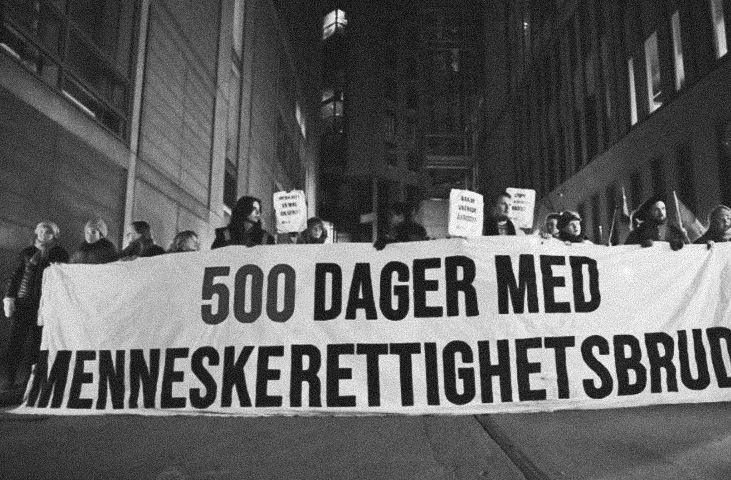Norway’s Wind Power Conflict: A Struggle Between Indigenous Rights and Renewable Energy
This is an excerpt from Incite-DEM’s comprehensive historical review of civic participation and engagement in Europe, the first of its kind, focusing on democratic innovations aligned with the Sustainable Development Goals. Our research focused on the development of democratic innovations from the post-World War II era to the present, highlighting key periods such as the rise of participatory budgeting and deliberative mini publics in the 1980s and 1990s.
The full research will be published in Spring 2025.
In Norway, a heated conflict has emerged on the Fosen Peninsula, where two wind power plants—Storheia and Roan—stand in the winter grazing lands of the indigenous Sami people. This ongoing battle highlights the tension between the country’s renewable energy ambitions and the cultural rights of the Sami reindeer herders.
The Roots of the Conflict
The conflict began in 2010 when the Norwegian Water Resources and Energy Directorate (NVE) approved the construction of two large wind farms on the Fosen Peninsula in Trøndelag. These wind farms, which became operational in 2019 and 2020, are located in the Fosen reindeer herding district, used by the South-Fosen sijte and North-Fosen siida. The Sami community, whose livelihood depends on reindeer herding, immediately raised concerns, arguing that the wind farms violated their cultural rights protected under Article 27 of the UN Covenant on Civil and Political Rights.
A Legal Battle for Cultural Rights
In 2018, compensation was awarded to the Sami for the impact of the wind farms, but disputes over the amount led to further appeals. The case reached a pivotal moment in October 2021 when the Norwegian Supreme Court declared the wind farm permissions invalid, acknowledging that they infringed upon the Sami people’s rights. However, the court did not order the dismantling of the wind farms, leaving the future of these projects in a legal and ethical limbo.
Ongoing Protests and Global Implications
Despite the Supreme Court’s ruling, the wind farms continue to operate, prompting ongoing protests from the Sami community and their supporters. This case has drawn significant attention not only in Norway but internationally, sparking discussions about the balance between sustainable development and indigenous rights. It raises critical questions about democracy, the role of minorities, the legal system, and the responsibilities of commercial enterprises.
The Fosen case serves as a powerful reminder of the complex interplay between environmental goals and the rights of indigenous populations. It underscores the need for solutions that respect cultural heritage while addressing global challenges like climate change. As the conflict continues, it remains a key point of reference in the discourse on indigenous rights and environmental law worldwide.

